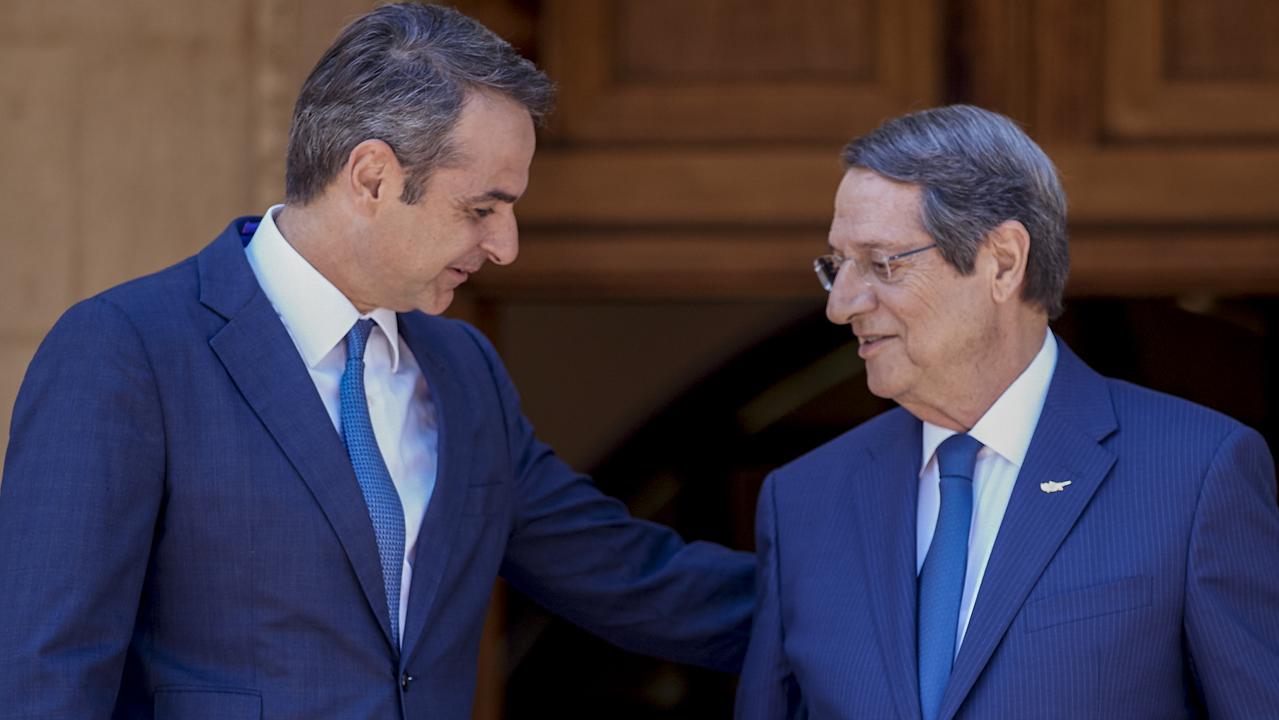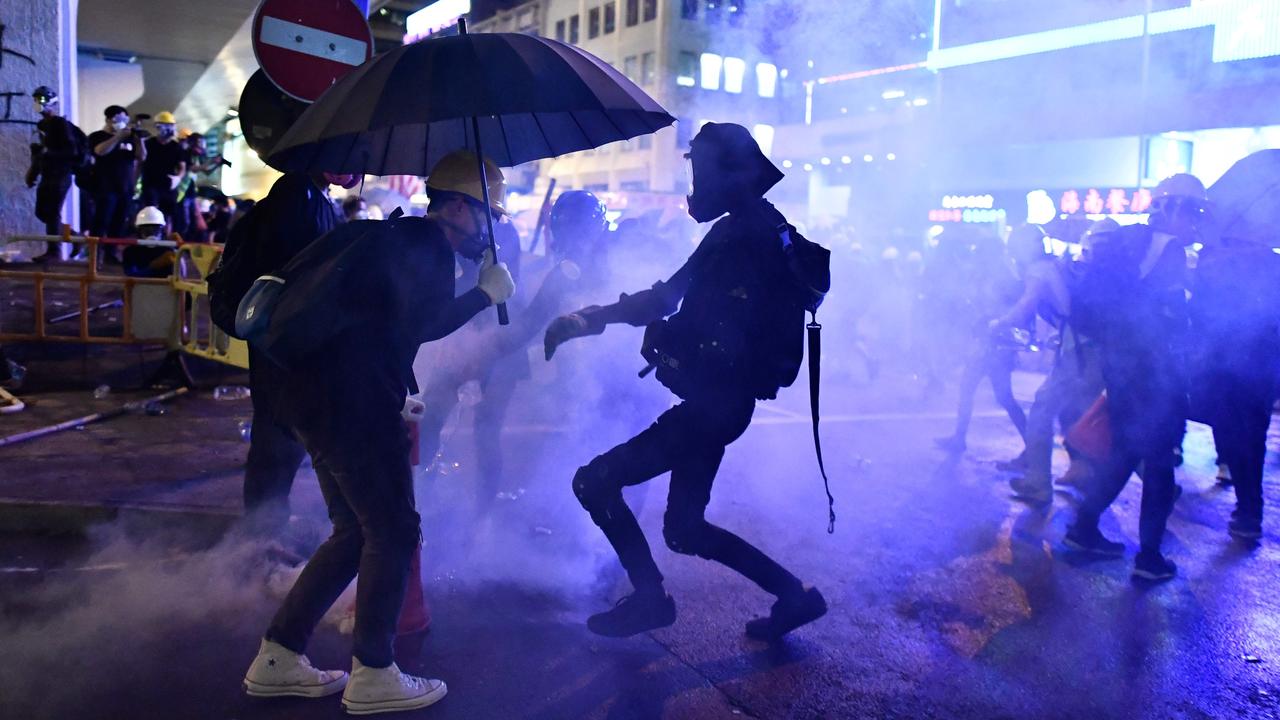
It’s as if we’ve gone backwards from 250 years ago, when James Cook embarked on the first of his three extraordinary visits. He certainly didn’t skip the islands.
Yet tomorrow when the leaders of the 14 island nations and New Zealand Prime Minister Jacinda Ardern meet, Canberra will be missing in action at the top level. Australia will be represented by defence-just-turned-Foreign Minister Marise Payne, who however earnest her reading of her brief, is bound to be viewed on Nauru as a stopgap. Scott Morrison is otherwise engaged. The Morrison government has replaced Pacific islands minister Concetta Fierravanti-Wells with Anne Ruston, but in a move noted by all gathering on Nauru, the role has been downgraded to assistant minister.
This forum provides an especially interesting platform for discussion of the fast-growing role in the Pacific of China — since Nauru is one of the six island countries that instead recognise Taiwan diplomatically.
China has been intensifying under Xi Jinping its pressure on Taiwan since Democratic Progressive Party leader Tsai Ing-wen was elected President in January 2016. This year alone, it has persuaded three of Taiwan’s diplomatic allies to switch loyalty, leaving Taipei with 17 — of which more than one-third are in the Pacific. It is inevitable those six will come under considerable temptation in the coming years, as Beijing seeks to sideline and ultimately unite with Taiwan — which would assure Xi’s place in history.
Tsai says she won’t enter into a bidding war to keep those 17 partners — which is good news for Australia and the Pacific. The rivalry heightened emotions and intensified corruption. Still, some negative fallout is inevitable.
Australia has a strong friend in forum secretary-general Meg Taylor, a Papua New Guinean with impressive experience in international organisations, but she needs to be given something to build on.
This forum summit will focus on the Blue Pacific narrative of “building an ocean continent”, as Dame Meg describes it, turning a former negative into a positive. “We shouldn’t always think that we’re dependent on other people for our survival,” she says.
But taking command of its own future remains a challenge with such a scant physical resource base, tuna excepted. More troublingly, with such modest results from decades of aid poured into education and health. China is promising to keep stepping up its infrastructure spending in the region, and Australia and New Zealand have vowed to respond.
Our efforts look reactive, though. And their scale is inevitably limited. We need to leverage up our engagement by enlisting private sector support, fostering greater commercial investment in the region.
Even China’s Belt and Road Initiative is meant to pursue only projects with a realistic business plan, although it is being conducted in a politically concerted manner.
Deakin University professor He Baogang writes in the Journal of Contemporary China how each of the 14 major cities in the powerhouse southern province of Guangdong has been ordered to link with a Pacific country.
He notes that while the BRI will have lasting geo-economic, geopolitical and even geo-cultural ramifications, Chinese political institutions lack any mechanism to correct potential mistakes committed by its top leaders. Thus the initiative could “pose a nightmare for China if it opens a great strategic hole which sucks away China’s money or falls into a sort of Chinese geopolitical overstretch” as historic empires did.
Xi will certainly be heading to the APEC leaders’ summit on November 17-18 in Port Moresby, hosting there a side-meeting of Pacific leaders. But Donald Trump will be attending neither APEC nor the East Asia Summit in Singapore, also in November. PNG Prime Minister Peter O’Neill has diplomatically praised stand-in Vice President Mike Pence for supporting, while Indiana governor, the transport of an original King James Bible from an Indiana donor to the PNG parliament.
But there is inevitably a sense of let-down about the US presidential absence, while China’s bulked-up diplomacy remains relentless.
Virtually the entire Pacific elite have received all-expenses-paid visits to China, for instance. Beijing has learned from its previous scraps in the region with Taiwan the value of not second-guessing the winners of seesawing political intrigues in the islands, but instead of ensuring any conceivable decision-maker is well-disposed.
That doesn’t mean it’s plain sailing for Beijing. Many islanders resent the way that recent Chinese migrants are using their contacts and buying-power to take over many local businesses. The money Tonga is borrowing from Beijing to rebuild its capital, Nuku’alofa, is partly needed to replace buildings damaged in anti-Chinese riots.
But the new Chinese expansionary appetite is mostly perceived as positive in the islands. As Jon Fraenkel of New Zealand’s Victoria University says, many Pacific states “did rather well out of obtaining foreign assistance by playing on the rivalries of the Cold War era. They may now be in a good position to do so again.”




The bold rhetoric of recent months about Australia rediscovering Papua New Guinea and the Pacific islands is looking hollow as the island leaders gather for their annual summit.